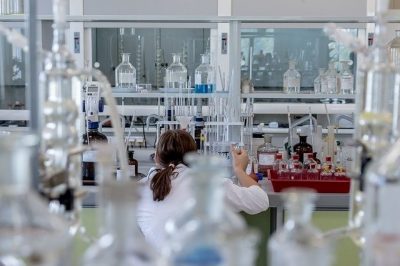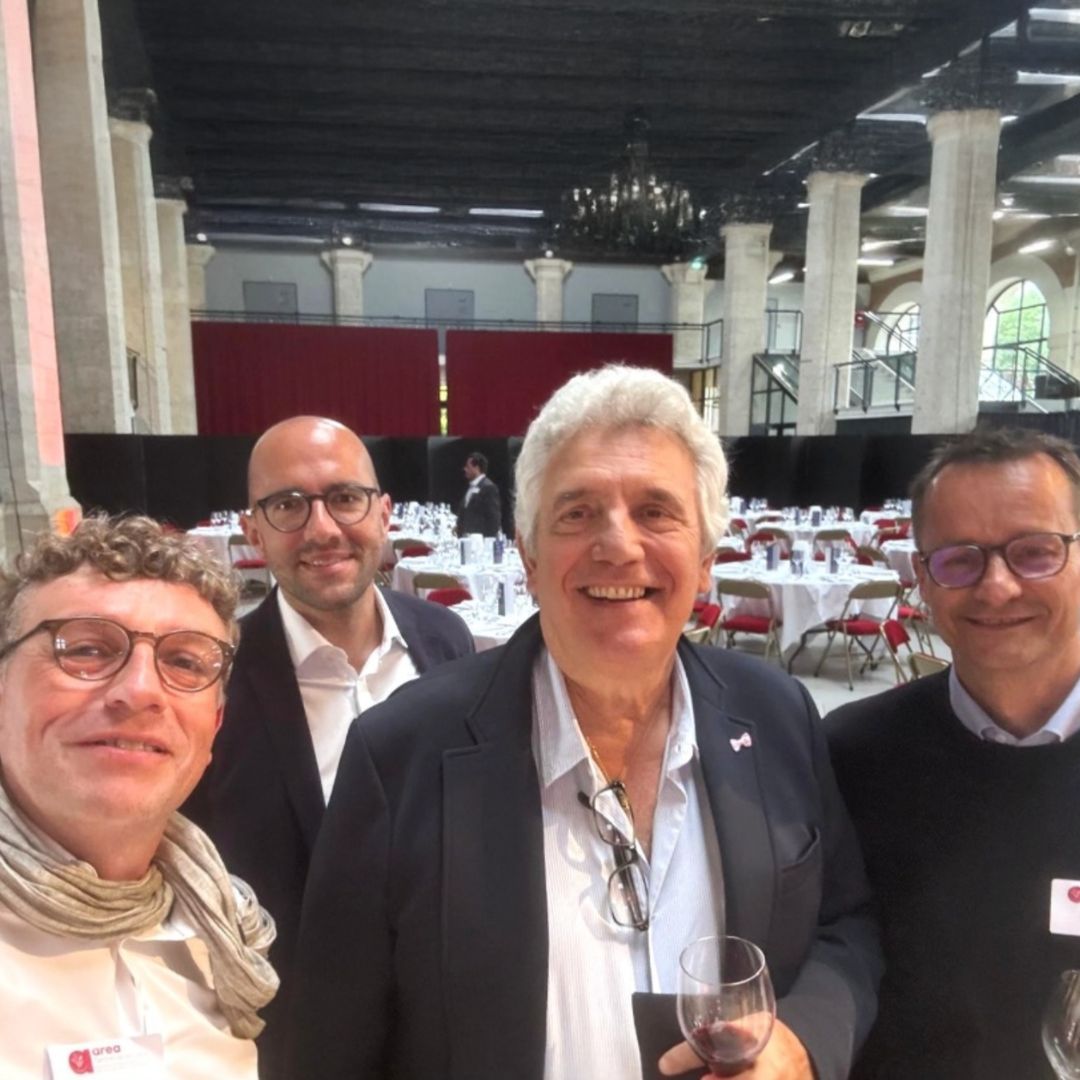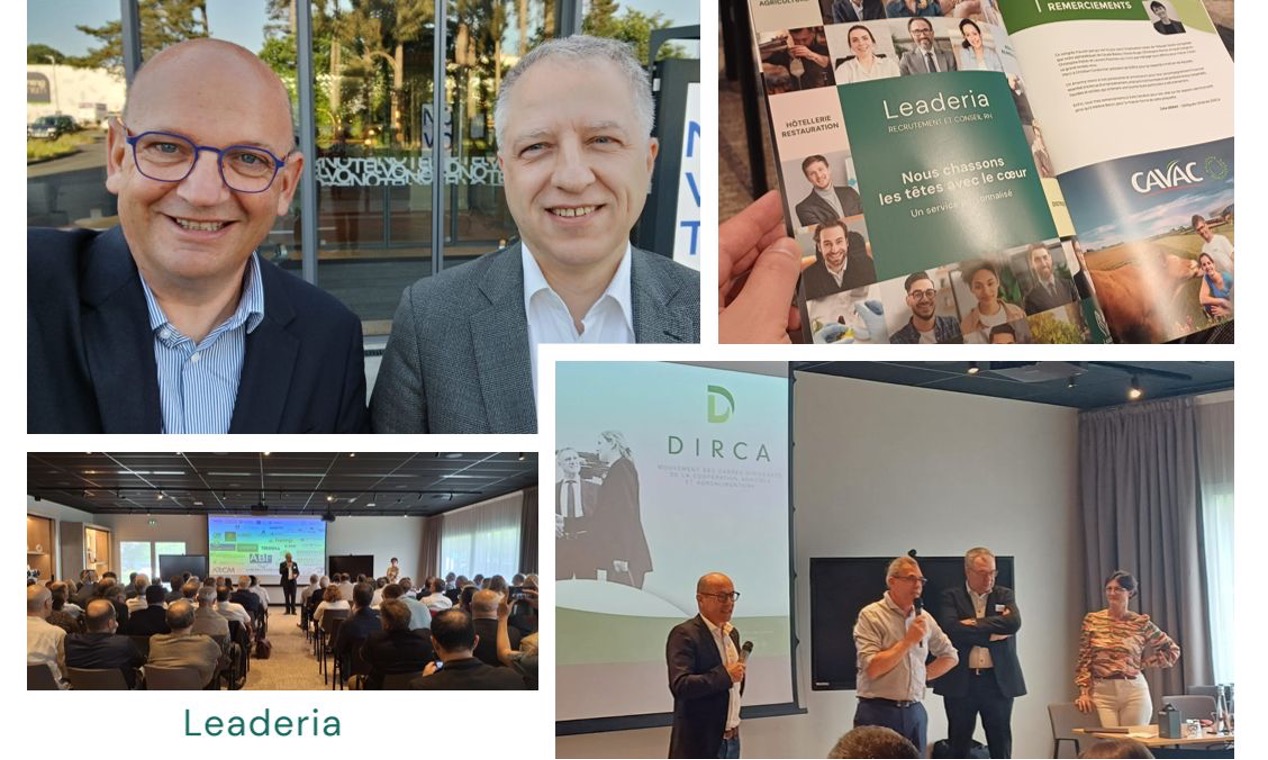
According to the platform “The Conversation” (article of March 3, 2021), the world population continues to increase, around 10 billion humans will live on our planet in 2050, implying profound changes for agriculture and the way of eating.
This data represents a major challenge in terms of production and logistics, because it will be necessary to feed this growing population. This increase will also generate growing urbanization to the detriment of agricultural land.
The sector is also challenged by new consumption patterns and the agricultural orientations demanded by the political powers. Technical developments are also numerous with the improvement of the treatment of crops, seeds and production tools.
Finally, a new trend is emerging in the sector: cellular agriculture, which makes it possible to develop products of animal origin with less impact on the environment and human and animal health.
The idea, according to Nathalie Rolland, specialist in cellular agriculture within the NGO ProVeg and co-founder of the association Cellular Agriculture France, is to develop cells no longer in an animal body but in a machine (article 20 Minutes of February 25, 2021).
The development of these alternatives is growing and is part of the response to the environmental crisis.
To date, nearly 500 companies, often start-ups, are working on synthetic food projects: meat, milk, ice cream, products combining legumes and meat, etc.
Are we going to see a shift in our agricultural model?
These articles might interest you

We Almost Played Handball with Claude Onesta
Leadership and Performance: What Companies Can Learn from Elite Sports At the AREA Centre-Val de Loire Gala, Claude Onesta, former head coach of the French handball team, delivered an inspiring and practical management lesson by blending his elite sports experience with business challenges. Aurélien VÉTAULT and Louis-Simon FAURE were present to hear a […]

We visited… The DIRCA congress in Angers
Leading Through Uncertainty: Key Takeaways from the DIRCA Annual Congress As agricultural and agri-food cooperatives face a series of profound changes — environmental transitions, regulatory pressures, and technological upheaval — the question of leadership has never been more central. The 2025 DIRCA Congress, the annual gathering of senior executives from the agricultural and agri-food cooperative […]

Interim management: when experience meets AI
From the ground to the table, AI will have taken just a few months to establish itself at every level of the value chain and reshuffle the cards. AI is optimising logistics, reducing waste and streamlining customer paths. The key role of interim management But while […]